Medical Annotation: A Comprehensive Guide to Enhancing Healthcare Data
In the rapidly evolving field of healthcare, data is the new frontier.
With the advent of advanced technologies, the volume of data generated in the medical field has grown exponentially.
However, to harness this data effectively, precise and detailed annotation is paramount.
This is where medical annotation comes into play.
What is Medical Annotation?
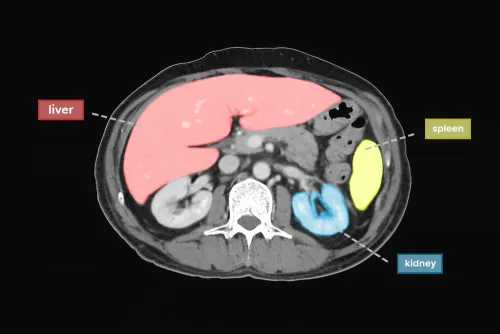
Medical annotation involves the meticulous labeling and categorizing of medical data, which can include everything from patient records and clinical trial data to medical images and genetic sequences. This process is essential for training machine learning models and artificial intelligence (AI) systems that can aid in diagnosis, treatment planning, and medical research.
Types of Medical Annotation
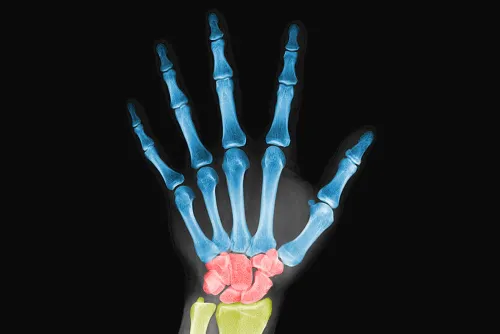
- Text Annotation: This involves annotating medical texts such as patient records, clinical notes, and research papers. The process includes identifying entities like diseases, symptoms, medications, and treatments, and linking them to relevant medical terminologies and ontologies.
- Image Annotation: Medical imaging, including X-rays, MRIs, CT scans, and ultrasound images, requires detailed annotation to highlight areas of interest, such as tumors, fractures, or other abnormalities. This helps in training AI models for accurate image analysis and diagnostics.
- Genomic Annotation: With the growing field of genomics, annotating genetic sequences is crucial for identifying genes, mutations, and other genomic elements. This helps in understanding genetic diseases and developing personalized medicine.
- Video Annotation: In surgeries and other medical procedures recorded on video, annotating specific actions, instruments, and anatomical structures can be invaluable for training purposes and improving surgical techniques.
The Importance of Medical Annotation
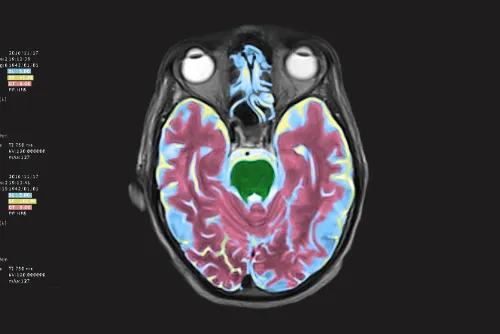
- Improved Diagnosis and Treatment: Annotated data helps in training AI models that can assist doctors in diagnosing diseases more accurately and swiftly, leading to better treatment outcomes.
- Enhanced Research: Researchers can leverage annotated data to discover new patterns, correlations, and insights, accelerating medical research and innovation.
- Personalized Medicine: By annotating patient-specific data, healthcare providers can develop personalized treatment plans that are more effective and tailored to individual needs.
Challenges in Medical Annotation
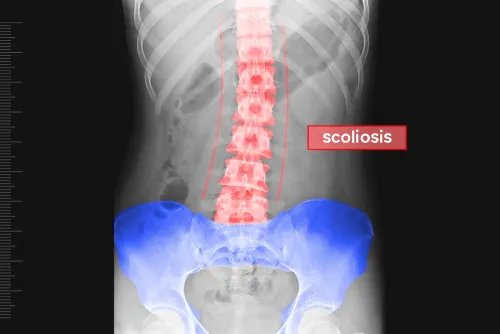
Medical annotation is a complex and time-consuming process. It requires expertise in both medical science and data annotation techniques. Some of the challenges include:
- Data Privacy and Security: Ensuring that patient data is kept confidential and secure is paramount.
- Consistency and Accuracy: Maintaining high levels of accuracy and consistency in annotation is challenging, given the vast and varied nature of medical data.
- Integration with Existing Systems: Annotated data needs to be seamlessly integrated with existing healthcare systems and databases.
The Role of Professional Medical Annotation Services
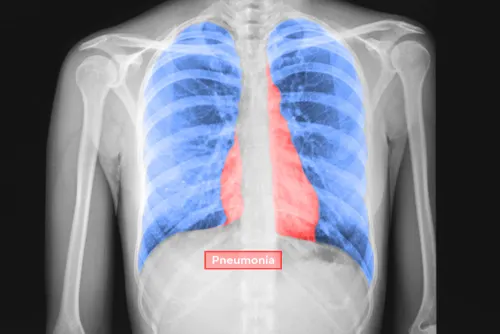
Given the intricacies involved, many healthcare providers and researchers opt for professional medical annotation services. These services offer:
- Expertise: Teams of trained annotators with a deep understanding of medical terminologies and data annotation techniques.
- Efficiency: Advanced tools and methodologies to ensure that annotation is done accurately and swiftly.
- Scalability: The ability to handle large volumes of data and scale up operations as needed.
Emerging Trends in Medical Annotation
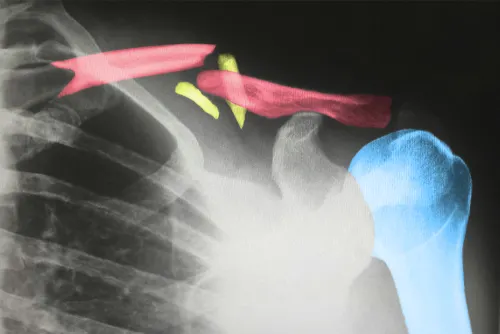 ld of medical annotation continues to evolve, several emerging trends are shaping its future:
ld of medical annotation continues to evolve, several emerging trends are shaping its future:
- AI and Automation: The integration of AI and machine learning in annotation processes is streamlining workflows and increasing accuracy. Automated tools can perform initial annotations, which human experts can then review and refine.
- Collaborative Annotation Platforms: Platforms that allow multiple annotators to work simultaneously on the same dataset are becoming popular. These collaborative tools improve efficiency and ensure consistency across annotations.
- Interactive Annotation Tools: These tools provide real-time feedback and suggestions to annotators, enhancing the accuracy and speed of the annotation process.
- Integration with Electronic Health Records (EHR): Seamless integration of annotated data with EHR systems is improving the usability of annotated data for clinical decision-making and research.
Case Studies in Medical Annotation
Several real-world case studies highlight the impact of medical annotation on healthcare outcomes:
- Cancer Research: Annotated medical images have been crucial in training AI models to detect and classify tumors with high accuracy. This has significantly improved early diagnosis and treatment planning for cancer patients.
- Genetic Disorders: Genomic annotation has helped identify genetic mutations associated with rare diseases, leading to better understanding and development of targeted therapies.
- COVID-19: During the COVID-19 pandemic, annotated datasets of chest X-rays and CT scans played a pivotal role in developing AI models that could quickly identify and assess the severity of the infection.
Best Practices for Medical Annotation
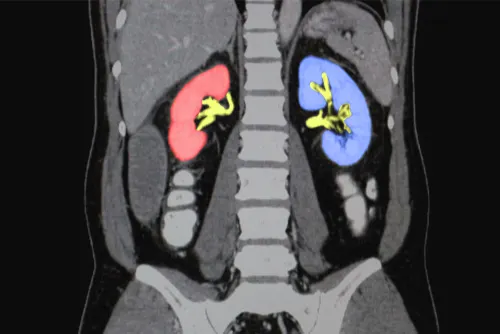
To ensure the highest quality of medical annotation, the following best practices should be adhered to:
- Training and Expertise: Annotators should have a solid background in medical science and undergo rigorous training in annotation techniques.
- Quality Control: Regular audits and reviews of annotated data should be conducted to ensure accuracy and consistency.
- Use of Standardized Terminologies: Utilizing standardized medical terminologies and ontologies helps maintain consistency and improves the interoperability of annotated data.
- Data Privacy Compliance: Adhering to data privacy regulations, such as HIPAA, is crucial in protecting patient information during the annotation process.
The Future of Medical Annotation
The future of medical annotation looks promising, with advancements in AI, big data, and cloud computing driving innovation. The continuous improvement of annotation tools and methodologies will further enhance the quality and efficiency of medical annotation, ultimately leading to better healthcare outcomes.
Why Choose Subul Data Annotation for Your Medical Annotation Needs?
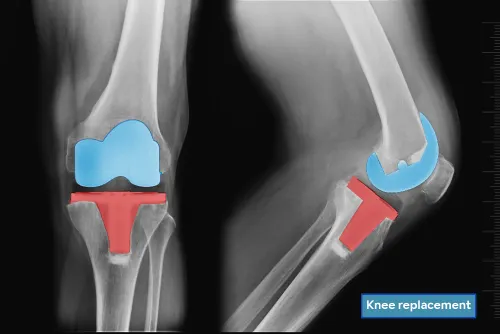
At Subul Data Annotation, we specialize in providing high-quality medical annotation services that cater to the unique needs of the healthcare industry. Our team of experts is dedicated to delivering precise, accurate, and reliable annotations that can help you leverage your medical data effectively.
Key Benefits of Our Services:
- Precision and Accuracy: We ensure that every piece of data is annotated with the highest level of accuracy, using advanced tools and methodologies.
- Confidentiality: We adhere to strict data privacy and security protocols to protect patient information.
- Custom Solutions: Our services are tailored to meet the specific requirements of your projects, ensuring optimal results.